by: Widi Kusnadi, Journalist of MINA
The Chairman of the PBNU, KH Marsudi Syuhud explained, there are two types of changes in the journey of human life, namely attaghyiir al-ijbary (changes that force you to change) and attaghyiir al-ikhtiyary (planned changes).
“Change in al-ijbary is a change that forces us to change. Like it or not, humans must change, in voluntary or forced circumstances. An example that currently exists is the outbreak of the Covid-19 pandemic. That, forces people to change their lifestyle, their habits of activity, to change the way of worship.
So that we can do the change in ijbari properly and optimally, a change in endeavor is needed. With careful planning, maximum preparation, based on valid principles according to facts and needs, the change in ijbari does not cause damage, at least minimizes the risk of damage.
Also Read: Ustaz Abdul Somad in Pekanbaru: It’s Time to Embrace Hijrah
Ramadan teaches believers to prepare themselves for this change. In fact, one sign of acceptance of a person’s deeds of worship is that there is a change in him for the better.
Prof. Din Syamsuddin in a tausiyah explained that the changes taught in worship during Ramadan are not just changing, but transforming. Not change without direction, but change towards the good, not only quantitative, but also qualitative.
In a series of verses about fasting, there is hope to be addressed, namely la’alakum tattaqun (in verse 183), la’allakum tasykurun (verse 185), la’allahum yarsyudun (verse 186) and la’allakum tuflihun ( verse 189).
Even the months before Ramadan and after Ramadan are closely related to the transformation process itself, namely Sya’ban which means a road on a mountain, which means pre-conditions to a competitive field and Syawal which means self-improvement and development.
Also Read: Friday Sermon: Jews, Children of Israel, and People of the Book
So what kind of transformation does Ramadan teach? Imam Syamsi Ali explained, there are four values of change in Ramadan worship towards piety, namely:
Physical piety (thayib). Fasting makes the body healthy. Various contemporary scientific studies have shown how fasting can be a cure for various diseases, both physical ailments, as well as liver disease. By fasting, humans not only get abundant rewards, but also make the body healthier.
In a book entitled The Miracle of Fast by Amirulloh Syarbini, several chronic diseases can be cured if a person is diligent in fasting, including cancer, diabetes, hypertension, gallstones, kidney disease, high cholesterol, and other spiritual piety (khair).
During Ramadan, believers are encouraged to increase their prayers, both mahdhah and muamalah. At night, we are encouraged to pray tarawih, read and meditate Al-Quran, to pay zakat fitrah, maal and profession. All of these will shape a person to change spiritually, to become closer to Allah Subhanahu wa Ta’ala.
Also Read: Friday Sermon: Hijrah in the Struggle for the Liberation of Al-Aqsa and Palestine
Socially piety (makruf). This is shown by being disciplined, responsible and able to carry out the mandate well so as to be able to benefit others around him.
In an article entitled “Fasting Energy to Eradicate Corruption”, written by Imaam Yakhsyallah Mansur, he explained that the dimensions of worship are of two kinds, namely hissiyah and maknawiyah.
Fasting in the maknawiyah dimension is when a person is able to apply the values of fasting in his life.
Rabbaniyah piety (ihsan). If someone has deeply lived the meaning of fasting, then he feels that all his actions, he said, even the trajectories of his thoughts are witnessed by Allah Subhanahu wa Ta’ala.
Also Read: Sadaqah, A Simple Act with Extraordinary Virtues: Dr. Wahyudi KS
If someone is able to reach this level, then he will be able to build a civilization. This is in accordance with the mission sent by the Prophet Muhammad, which is to bring mercy to the universe (rahmatan lil alamin) through safe tauhid beliefs, true worship and noble morals.
Including, in the current era of information openness, people freely use social media, it is also necessary to build civility (morals) in using these online social media.
An interesting article written by Prof. Najib Burhani explores more deeply the condition of Indonesian society in social media which is apparently at a bad level.
So, call to devote to Allah wherever you are, not only in the real world but also in the virtual world, not only when offline, but also when online, not only in the manual world, but also in the digital world. (AT/RE1)
Also Read: The Dynamics of Living in a Muslim Community in the Modern Era
Mi’raj News Agency (MINA)






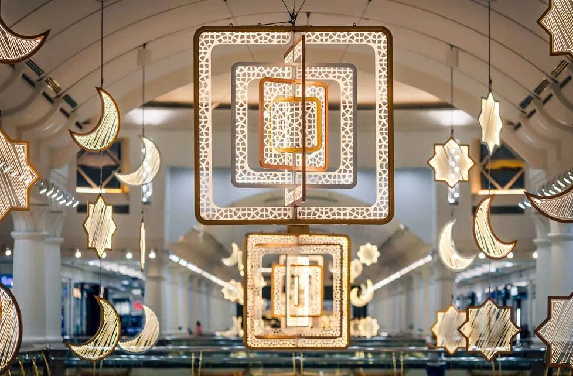


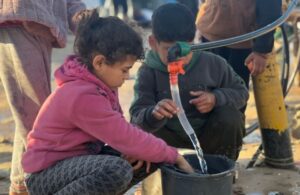
![Israeli tanks and APC’s gather by the Israeli – Lebanese border. Amid Israel’s escalating campaign against Hezbollah in Lebanon on September 30, 2024. [Erik Marmor/Getty Images]](https://en.minanews.net/wp-content/uploads/2024/10/IMG_20241001_203226-300x197.jpg)


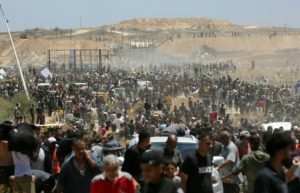
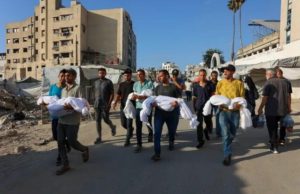
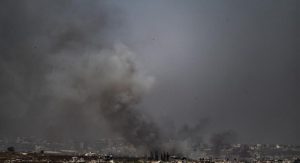

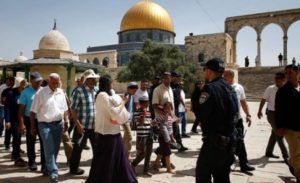

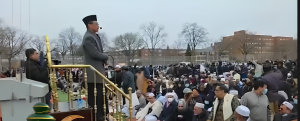
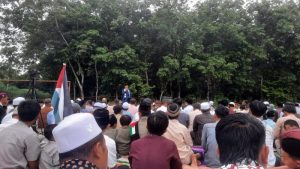
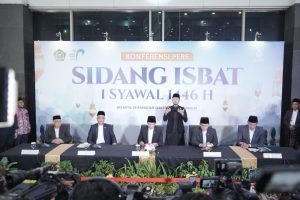










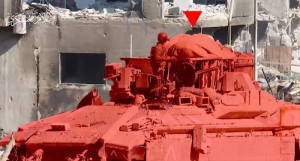



 Mina Indonesia
Mina Indonesia Mina Arabic
Mina Arabic